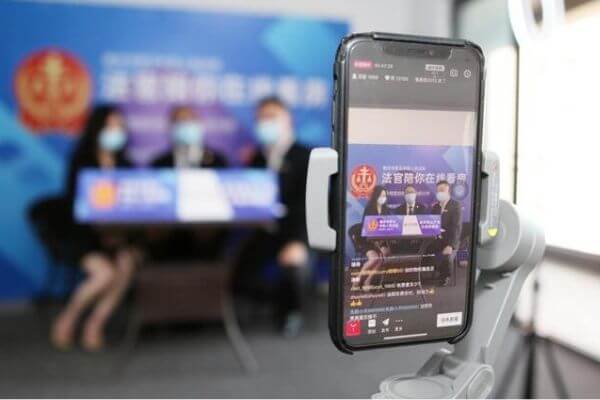
In January 2021, China’s Supreme People’s Court issued the proposed Provisions on Several Issues Concerning the Cases Handled Online by the People’s Courts (Draft for Comment).
On Jan. 21, the Supreme People’s Court (SPC) issued the proposed Provisions on Several Issues Concerning the Cases Handled Online by the People’s Courts (Draft for Comment) (the Provisions, 關(guān)于人民法院在線辦理案件若干問(wèn)題的規(guī)定(征求意見(jiàn)稿)), whose public comment period will close on 5 Feb. 2021.
In accordance with the Provisions, online litigation refers to the form of litigation where the courts, the parties concerned and other litigation participants rely on the electronic litigation platform to complete all or parts of the litigation process, such as prosecution, case registration, service, mediation, evidence exchange, inquiry, hearing, court trial, judgment rendering and case execution online via the Internet.
The online litigation activities conducted by the parties concerned have the same effect as regular litigation activities.
The courts shall establish an electronic litigation platform to carry out online proceedings.
The courts can handle civil and administrative litigation cases, cases of civil special procedures, cases of supervision and urge procedure, and cases of civil enforcement, administrative enforcement and civil enforcement collateral to criminal enforcement online, after taking the case situation, the parties’ wills and technical conditions into comprehensive consideration.
Contributors: Yanru Chen 陳彥茹









